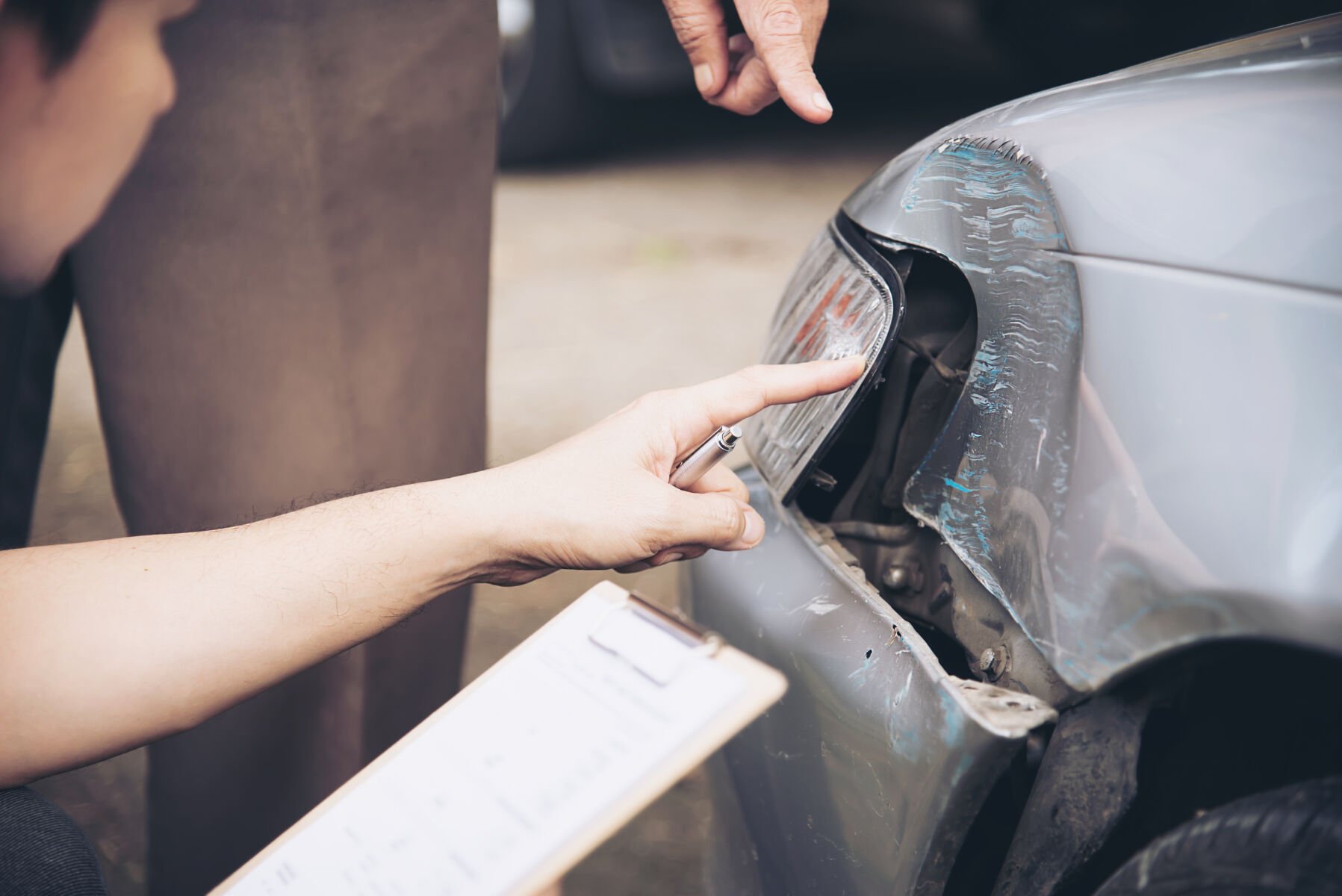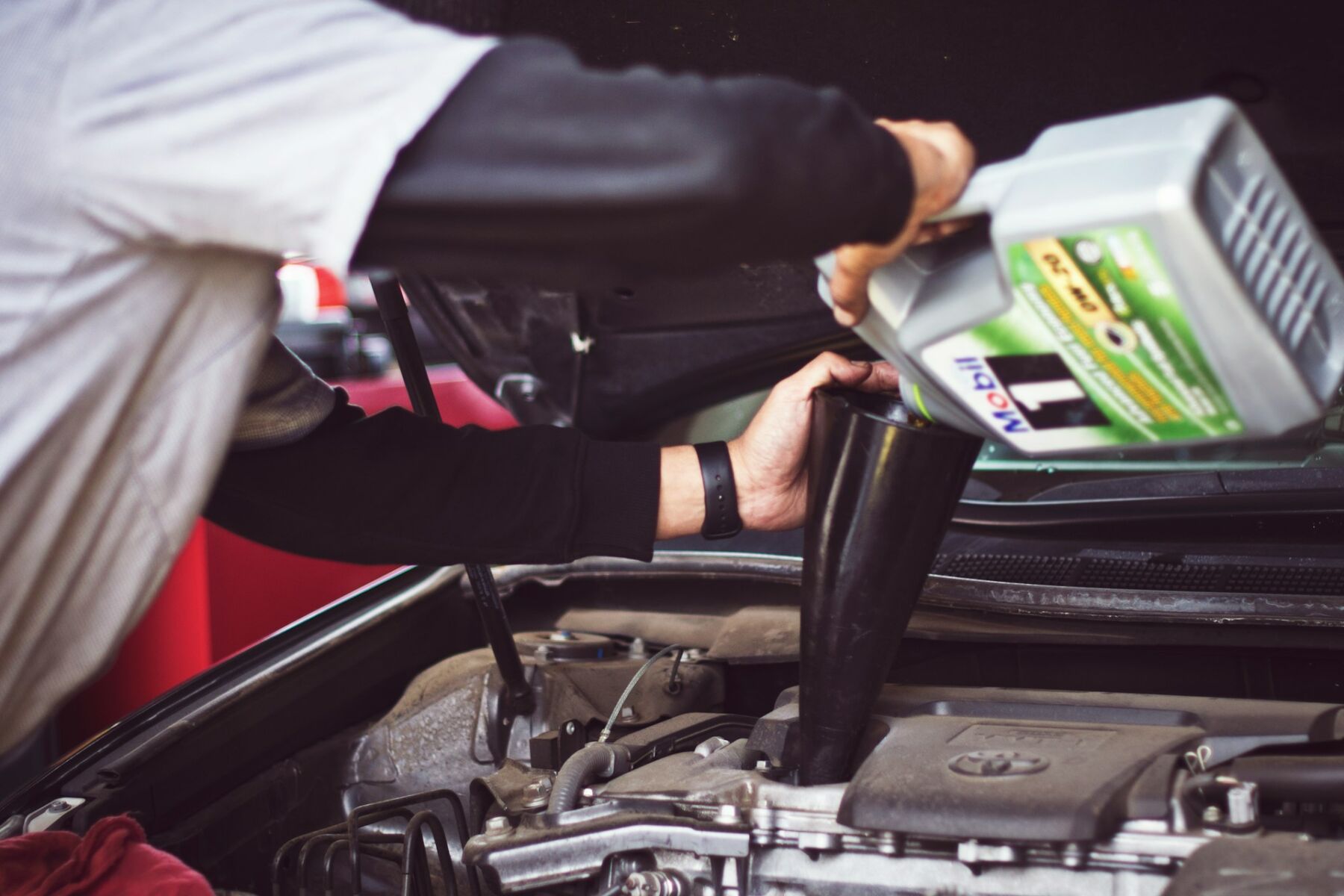The hidden expenses of car ownership in Bangkok revealed

We all know that cars are expensive, but many are unaware of how much it really costs to own one. While many think fuel is the only cost to worry about, there’s actually a whole lot more to consider when it comes to owning a car in Bangkok. From maintenance to insurance, the hidden expenses can sneak up on you. Below, we’ve broken down the real cost of car ownership in Bangkok, and the better alternative option with Carzuno.
Registration and tax

Committing to car ownership in Bangkok means you have to constantly renew the registration and pay for your car tax every year as specified in the Land Transport Act of 2522 B.E. The tax rate of a car in Thailand is calculated based on the engine size in cubic centimetres (CC).
Cars with engine sizes of 600 cc or less incur a tax rate of 0.50 baht per cc. Engine sizes between 601 and 1,800 cc are taxed at 1.50 baht per cc, while those above 1,800 cc face a tax rate of 4.00 baht per cc. If the car is registered under a juristic person’s name, the tax rate doubles according to the specified rate.
Cars that have been registered for over five years are eligible for tax deductions based on the number of years since registration. In the sixth year, a deduction of 10% is applied, followed by increasing deductions of 20% in the seventh year, 30% in the eighth year, and 40% in the ninth year. Vehicles registered for ten years or more receive a significant tax deduction of 50%. Keep in mind, however, that cars older than seven years from their registration date must comply with additional regulations, such as an inspection by a government-certified agency. The taxes collected by the government are allocated towards constructing and enhancing various roadways.
The above tax rates and deductions apply to cars with seven seats. Different calculations apply if your vehicle has more seats or if it serves as a public transportation option.
Other fees associated with car registration and tax
In addition to the regular tax for car registration renewal, there are several other fees that need to be paid. When renewing online, a mail delivery fee of 40 THB is required. If you choose to use a Tor Ror Or inspection station, an additional fee ranging from 100 to 200 THB will apply. In cases where an inspection is necessary, the cost can vary between 200 and 300 THB.
Failure to have an up-to-date registration sticker can result in a fine of around 2,000 THB per offence. Moreover, if your car tax has expired for more than three years, re-registering your car’s licence plate with the DLT (Department of Land and Transport) is mandatory.
Loan interest
When buying a car, most people rely on car loans to finance the purchase. A key component of taking out a car loan is the interest rate associated with it. The interest rate, determined by the bank, can vary based on their terms and conditions. In Thailand, car loan interest rates typically fall between 3 to 8% annually. This percentage represents the additional amount you will pay back on top of the initial loan amount. Therefore, it’s crucial to carefully assess this financial aspect before committing to buying a car. Failing to consider the interest rate could result in higher overall costs in the long run.
Insurance cost

Compulsory Third-Party Liability Insurance (Por Ror Bor)
If you own a car or motorcycle in Thailand, you are required to have Compulsory Third-Party Liability Insurance, also known as Por Ror Bor, under the Road Protection Act. This insurance is mandatory and needs to be renewed annually.
Por Ror Bor provides basic coverage for death and injury resulting from road accidents. The minimum coverage includes medical expenses up to 30,000 THB per person in case of injuries and 35,000 THB in the event of death or dismemberment. However, if you are not at fault in an accident, the coverage increases significantly.
In such cases, the coverage extends to 80,000 THB for injuries and ranges from 250,000 to 500,000 THB for death or dismemberment. Additionally, there is a daily hospitalisation allowance of 200 THB per day for up to 20 days. Despite the comprehensive coverage options available under Por Ror Bor, it remains very affordable in terms of cost. For a typical car owner in Thailand, the annual premium for this insurance policy hovers around 650 THB.
Private Insurance
It’s important to note that Por Ror Bor alone may not provide sufficient coverage. Private insurance can offer additional benefits such as coverage for theft, third-party property damage, and accidents.
In the Thai insurance market, private car insurance is classified into five types. These include Type 1, Type 2+, Type 2, Type 3+, and Type 3. Type 1 insurance is the most comprehensive and expensive, ideal for new cars as it covers you for all problems. On the other hand, Type 3 insurance is more budget-friendly but only offers coverage for third-party liability and injuries. The cost of private car insurance ranges from 3,000 THB to over 20,000 THB. This depends on the type chosen and the level of coverage required.
Service and maintenance cost

One important factor to consider when owning a car is the service and maintenance costs, which can often be overlooked. Typically, servicing needs to be done every 10,000 kilometres, with an average cost of around 2,000 THB each time. During these service appointments, routine inspections are necessary for various components like the air filter, oil filter, and batteries.
Additionally, changing tyres is necessary every 2 to 3 years or after reaching 50,000 kilometres. These costs tend to vary based on the age of your vehicle and how frequently you drive it. As your car ages, expect maintenance expenses to increase due to wear and tear issues. Moreover, you may also need to save money for repairs if your vehicle is no longer under warranty, as unforeseen issues may arise at any time.
Depreciation
Many new car buyers are unaware of the immediate drop in value that occurs as soon as their vehicle leaves the dealership lot. Unlike assets such as condos or gold, which can potentially increase in value over time with upgrades or market fluctuations, cars typically only decrease in worth due to wear and tear from regular usage. This essentially means that you are losing money over time.
Depreciation typically ranges from 10% to 20% of the initial purchase price in just the first year alone. It varies based on factors such as brand reputation and market demand. To gauge the extent of depreciation on your car, consider comparing current resale offers for your specific make and model with what you originally paid.
The average fuel cost per month

Another hidden expense to consider with car ownership in Bangkok is the average fuel cost. If you drive your car daily, the monthly fuel cost can range from 1,500 to 2,000 THB. This amount fluctuates based on several factors such as how frequently you use your vehicle, the current gas prices, and your car’s fuel efficiency measured in kilometres per litre.
The more kilometres you drive each day, the higher your fuel expenses will be as a result. Additionally, varying gas prices across different stations in the city can influence the overall cost. Heavy traffic conditions in Bangkok can also impact fuel consumption due to frequent idling and stop-and-go driving. Considering these variables is crucial for accurately estimating your monthly expenditure on fuel when budgeting for car ownership in Bangkok.

Numerous hidden costs can quickly add up and catch many car owners off guard. However, opting for Carzuno’s car subscription service offers a convenient solution by including all these additional expenses in one monthly fee. With this car subscription service, there’s no need to stress about depreciation value, insurance premiums, loan interest, maintenance costs, or taxes, as everything is already taken care of.
All you have to do is search for your preferred car, sign up online in 3 minutes, and wait for your car to be delivered to your doorstep – no down payment or loan needed. Carzuno’s car subscription service allows you to enjoy the convenience of having a vehicle without the financial burden and uncertainties associated with traditional car ownership in Bangkok.
For more information about their car subscription service, visit Carzuno’s website.
Sponsored
Latest Thailand News
Follow The Thaiger on Google News:


























